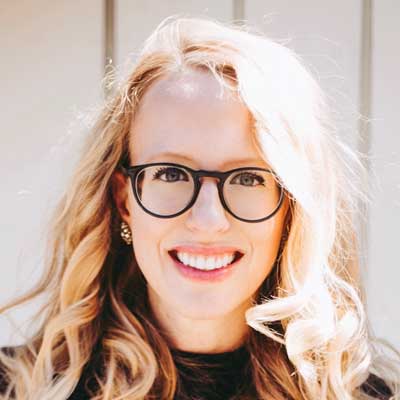Even among providers keenly interested in HIV, prescribing levels of pre-exposure prophylaxis (PrEP) for patients at risk for HIV remain troublingly low. Only about half (54 percent) of physicians and clinicians in an advanced-level continuing medical education (CME) course in HIV had ever prescribed PrEP, found a recent study in Plos One by Ashley Leech, Ph.D., an assistant professor of health policy at Vanderbilt University Medical Center.
The findings help to explain the fact that only 8 percent of the estimated 1.2 million people in the US who are vulnerable to HIV currently take the preventive medication. “Even among practitioners who we know are interested in this population and who had chosen to seek up-to-date information about HIV, prescribing PrEP is not routine,” said Leech.
“Even among practitioners who we know are interested in this population and who had chosen to seek up-to-date information about HIV, prescribing PrEP is not routine.”
Uncertainty about Responsibility
Confusion reigns as to which clinical specialty is responsible for prescribing PrEP, Leech explained. “We know from previous research that there’s a ‘purview paradox,’” she said, “Ideally, primary care providers would be prescribing these medications since they are preventative, but some primary care doctors might not feel comfortable prescribing medications that they think an infectious disease specialist would know more about.”
Meanwhile, infectious disease specialists don’t generally see patients who are still candidates for prophylaxis because they see patients who already have HIV.
Stigma also creates barriers. If physicians fail to assess a patient’s risk for HIV, which they often do, they will miss opportunities to prescribe the medication, Leech said. Patients also stigmatize themselves, at times, and shy away from requesting PrEP.
Sampling Varied Providers
Leech’s team surveyed 519 enrollees at advanced CME courses in HIV being offered in 5 major U.S. cities, before the courses began. The survey presented hypothetical patients for whom a clinician might choose to initiate PrEP by itself or in combination with other interventions.
One hypothetical patient was an HIV-negative woman who had an HIV-positive partner and who wanted to conceive. Another was an HIV-negative adult male who injected drugs and shared needles with people of unknown HIV status. Survey questions asked what intervention the clinician considered to be the “best first step” for each patient.
Study participants were physicians, nurse practitioners, and physicians’ assistants; mostly female (57 percent), white (58 percent), and in practice for 10 years or longer (59 percent). Specialties were infectious disease (38 percent), family medicine (27 percent); internal medicine (26 percent); and other areas of medicine (9 percent).
Stark Differences by Specialty
Internal medicine practitioners were 1.6 times as likely as infectious disease specialists to have experience prescribing PrEP.
“Practitioners who viewed PrEP as the first clinical step for person who inject drugs (PWID) were twice as likely to have also considered PrEP as the first clinical option for safer conception, and vice-versa,” the researchers wrote.
Clinicians who considered PrEP as the first preventive option for men who have sex with men (MSM) were almost six times as likely to also view PrEP as the first clinical step for PWID, and vice-versa.
Better Education for Providers and Patients
“The kinds of highly-interested practitioners we studied ought to be the target of improvement efforts to increase the use of PrEP,” said Leech. Improvement efforts should also include better education to identify individuals who could most benefit from PrEP, she said.
The U.S. Department of Health and Human Services has set a goal of eradicating HIV by 2030. “Prescribing needs to increase if we are going to make a dent in that goal,” said Leech.
“Prescribing needs to increase if we are going to make a dent in that goal” [of eradicating HIV by 2030].





